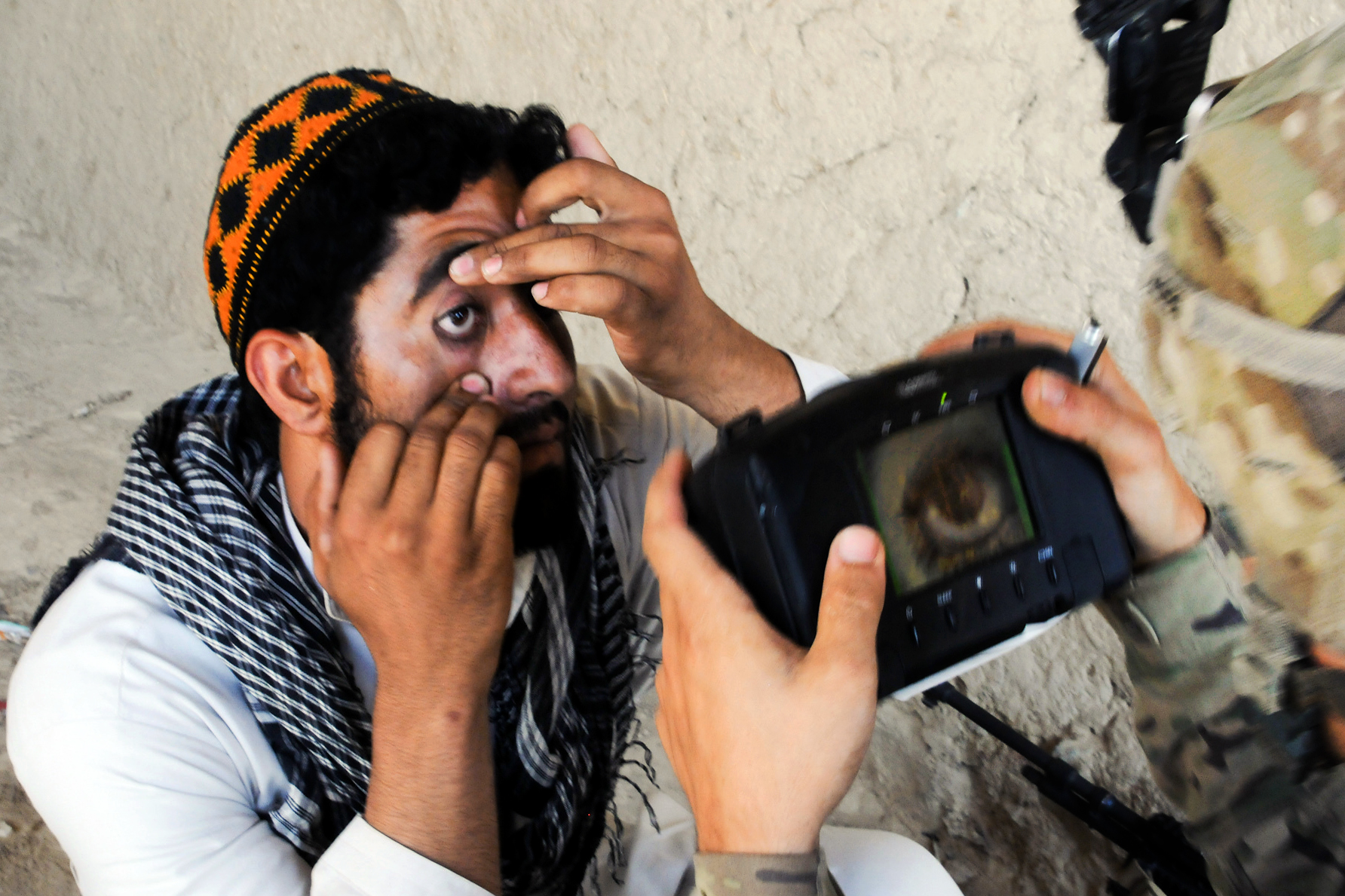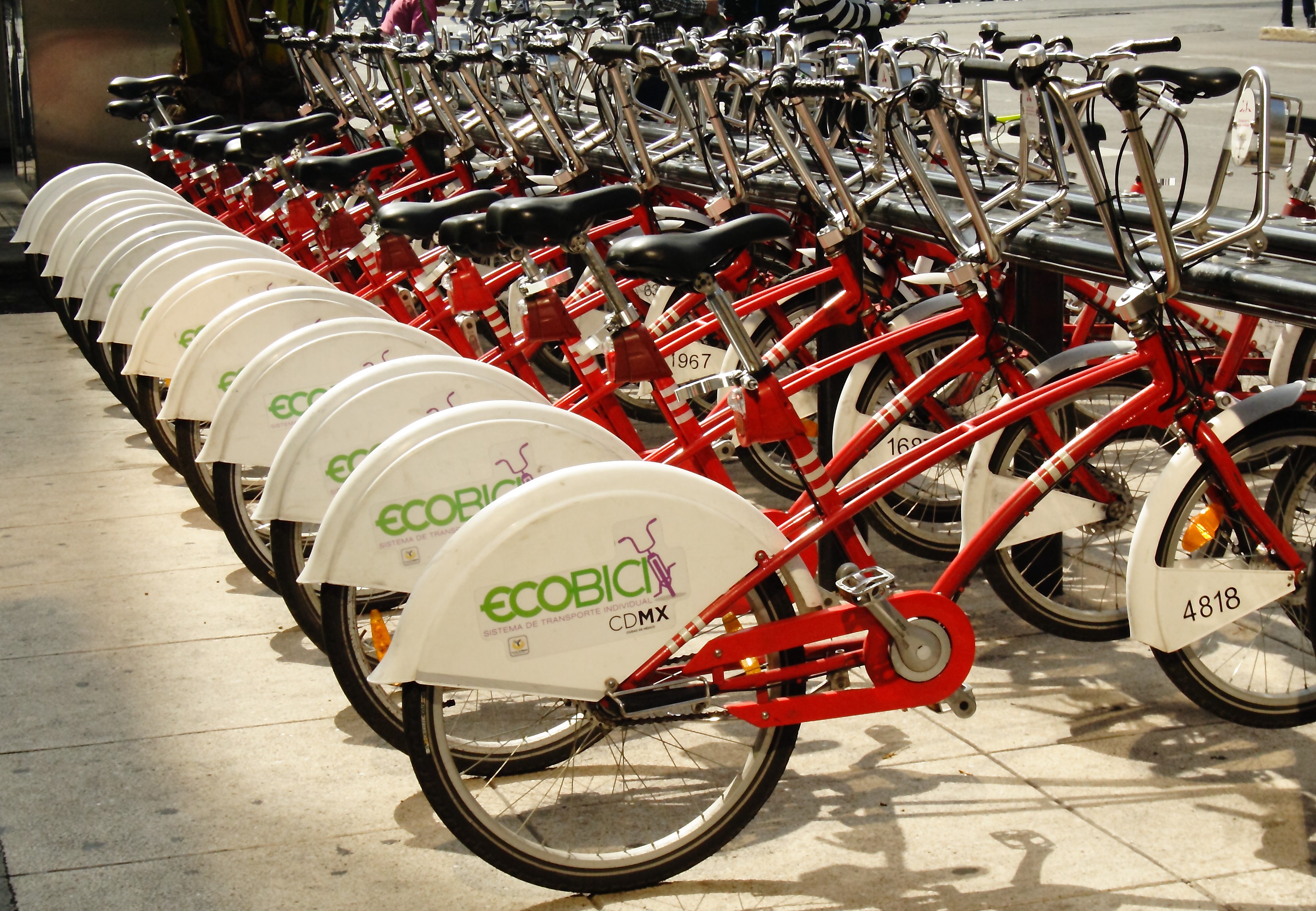There’s great enthusiasm for a step change in social accountability and lots of high profile initiatives, yet does it work? And how can research inform future developments in this area?
Dr Dieter Zinnbauer, former PhD student in the Department of International Development and Programme Manager for Transparency International.
 If you are under the age of 40 (and perhaps even if you are like me above it), you are probably familiar with strange fused words such as SeeClickFix or FixMyStreet. These are initiatives that have made the online sourcing of citizen feedback and complaints their main approach for creating more responsive governments. And they have spawned an entire generation of corruption-reporting platforms such as Ipaidabribe or Bribespot. From Armenia to Zimbabwe online corruption reporting has sprung up in many places and related initiatives are heralded as taking social accountability, citizen-action against corruption and the fight against widespread impunity to a new level.
If you are under the age of 40 (and perhaps even if you are like me above it), you are probably familiar with strange fused words such as SeeClickFix or FixMyStreet. These are initiatives that have made the online sourcing of citizen feedback and complaints their main approach for creating more responsive governments. And they have spawned an entire generation of corruption-reporting platforms such as Ipaidabribe or Bribespot. From Armenia to Zimbabwe online corruption reporting has sprung up in many places and related initiatives are heralded as taking social accountability, citizen-action against corruption and the fight against widespread impunity to a new level.
Do these initiatives work? How could they be tweaked to be more effective? Where could they try to venture next? How do they fit into broader learnings and insights around social accountability? These are important questions for us here at Transparency International, where many groups in our fairly decentralized network in more than 100 countries around the globe are experimenting with related initiatives.
This is why I have put together a short working paper that seeks to summarise some of the early lessons learnt with this new crop of exciting collective action initiatives. And given my role here at TI to help incubate new ideas I am trying to connect these early lessons learnt to some pertinent research findings on the logics and dynamics of corruption and collective mobilization. Making such linkages to broader research streams helps not only to tease out some of the more overlooked challenges, but also inspires thinking on where these initiatives could most fruitfully venture next in their experimental journey to change the dynamics of power and impunity.
So if you are curious about what bath towels and national parks can teach us about crowd-sourcing corruption or what four practical ideas for some far-out futures for such initiatives could look like, give it a click! The working paper is downloadable from the Social Science Research Network. Feedback – both of the critical and inspirational kind is most welcome!
Dieter Zinnbauer got his PhD from the LSE’s Department of International Development ages ago (when it was still known under its more dramatic name DESTIN) and works currently on emerging issues and innovation for Transparency International. More of his working papers are available here and he blogs here about one of his main exploratory travails: ambient accountability – how can architects, designers and artists help empower people and fend-off corruption.





